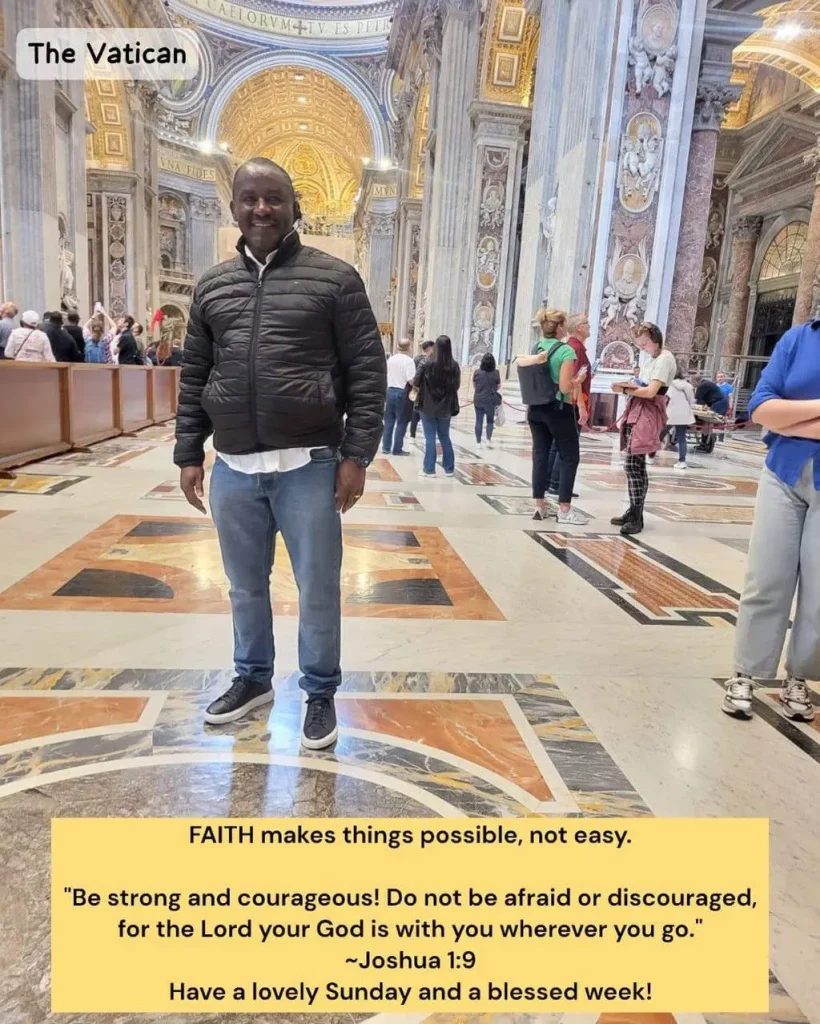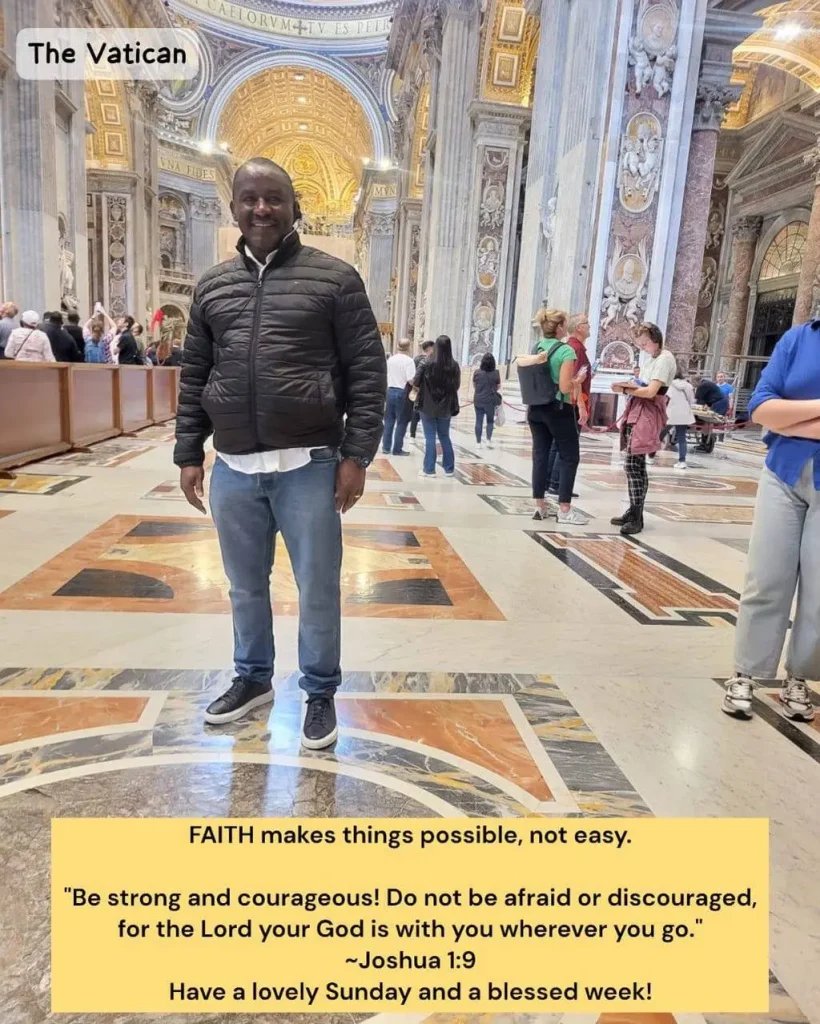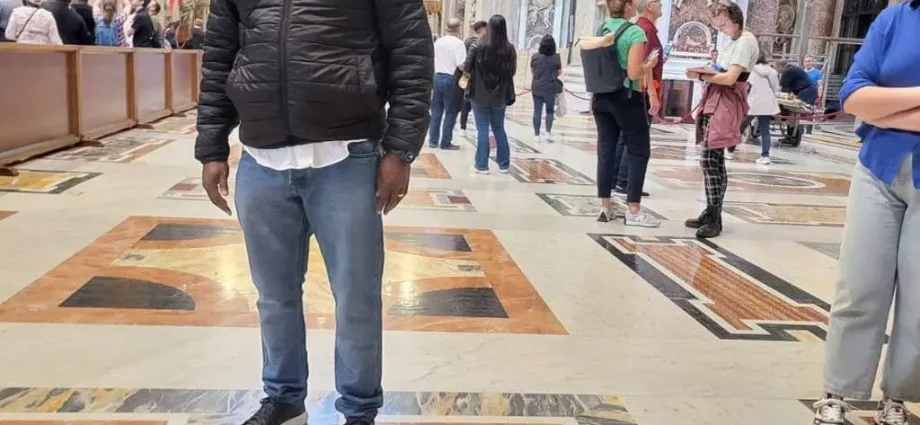In new evidence filed in the Senate ahead of the DP’s impeachment trial beginning Wednesday morning, a witness said to have been Gachagua’s close associate, has described how the DP allegedly used him to acquire the Olive Garden Hotel.
He allegedly paid Sh412 million for the property.

Gachagua, in his response in the Senate, said he does not own the hotel.
The revelations emerged as the National Assembly requested the EACC to investigate and prove graft allegations against the DP in what is promising to be a riveting trial in the Senate.
Peterson Njomo Muchira, in an affidavit, said Gachagua used him to acquire the Olive Garden Hotel.
Muchira, who identifies himself as the director and shareholder of TM Civil Engineering Limited, said he entered into a “secret arrangement” to purchase the property for Gachagua. “
On or around March 31, 2023, the Deputy President approached and convinced me to purchase Olive Garden Hotel, which was at the time part of the estate of the late Nderitu Gachagua,” Muchira said in the affidavit.

“The Deputy President persuaded me to enter into an informal arrangement regarding the transaction embodied in the agreement.”
Muchira said the secret arrangement provided that the DP would buy the hotel from him by refunding the purchase price of Sh412 million in the agreement.
In the affidavit sworn on October 11, 2024, Muchira submitted the DP would pay a contractor to renovate the hotel after the agreement was completed.
“To protect the DP’s undisclosed interest in the hotel, I would appoint Ms Julianne Jahenda as a signatory or agent for the hotel’s account at Co-Operative Bank of Kenya Limited,” the affidavit said.
To further protect Gachagua’s interests, the witness stated he designated Jahenda to run the hotel.
“I appointed and introduced Ms Julianne Jahenda, who is a close associate of the Deputy President, as a signatory and agent …,” Muchira said.
He said he has since engaged Jahenda to run the hotel as agreed with the Deputy President. Muchira has been listed among six witnesses the National Assembly has lined up to testify against Gachagua.
Gachagua had said he benefited from the sale of the hotel, having received Sh20 million as a beneficiary of his brother’s estate.
He said his accounts also contained another Sh36 million, which he held in trust for his late mother and brother.
“[This is] because my brother knew I am an honest men and a fair person, and he knew his family would never suffer in my hands,” Gachagua said, defending his role as one of the executors of his brother’s estate.
In his defence, Gachagua denied acquiring the hotel, saying it was sold to a third party in line with his late brother’s will.
“The allegation that the Deputy President owns Olive Garden Hotel is false,” reads Gachagua’s submission to the Senate.
“My late brother left a will in which his recognition is that I could take care of his family,” Gachagua said in the documents.
In the will, he said his brother directed the hotel should be sold, amongst other properties, and proceeds distributed according to the will.
“I have never owned it, contrary to the accusation in the Motion,” Gachagua stated.
The revelations arose as the National Assembly wants the Senate to summon EACC CEO Twalib Mbarak, or a competent officer, to provide information on the Sh3.7 billion nets scandal at Kenya Medical Supplies Authority (Kemsa).
Gachagua is accused of meddling with the procurement process that led to the cancellation of the tender by Global Fund.
The National Assembly, in a letter through Clerk Samuel Njoroge to Senate Speaker Amason Kingi, also wants the EACC to provide information about Gachagua’s declaration about the gifts he received while in office.
“Provide information on the declaration of conflict of interest made to EACC by HE Rigathi Gachagua, the Deputy President of the Republic of Kenya, during his tenure of office to date,” the letter reads.
During a televised press conference at his Karen residence two weeks ago, Gachagua said he has received several gifts, including dairy cows, from President William Ruto’s community.
“Any time I have gone to the Rift Valley, in appreciation of the support I gave President William Ruto, the Kalenjin community always gives me a cow or two. Within two years, I now have the largest dairy farm in Mathira constituency, courtesy of them,” he said.
The law provides that a State officer or a public officer who receives a gift valued at more than Sh20,000 shall, within 48 hours of reporting to the office, surrender it to the public entity in which the officer is employed.
Other witnesses for the National Assembly are Secretary to the Cabinet Mercy Wanjau, Nairobi Governor Johnson Sakaja and former Kemsa CEO Andrew Mulwa.
Gachagua is the sole witness in the case.
Wanjau accuses Gachagua of opposing the Cabinet-approved evacuation of residents living within 30 metres of the Nairobi River, thus undermining government policy and collective Cabinet responsibility.
Gachagua denied undermining President Ruto but maintained that he opposed what he termed “inhumane” evictions.
Sakaja has sworn an affidavit on shifting Wakulima market traders to Outering Road, a decision that Gachagua resisted.
However, the DP denied interfering and inciting the traders against the governor and his administration.
“I wish to clarify and point out that when I held a public rally, I merely requested the governor of Nairobi county to speak and listen to the grievances raised by the market traders. Videos will be produced tomorrow in the National Assembly,” the DP said.
In his affidavit, Mulwa argues the DP allegedly influenced the award of the Sh3.7 billion Malaria nets tender.
Mulwa says the DP called him around July 11, 2023, and instructed him to hand over to his agent the original bid bond submitted by a company for the tender.
